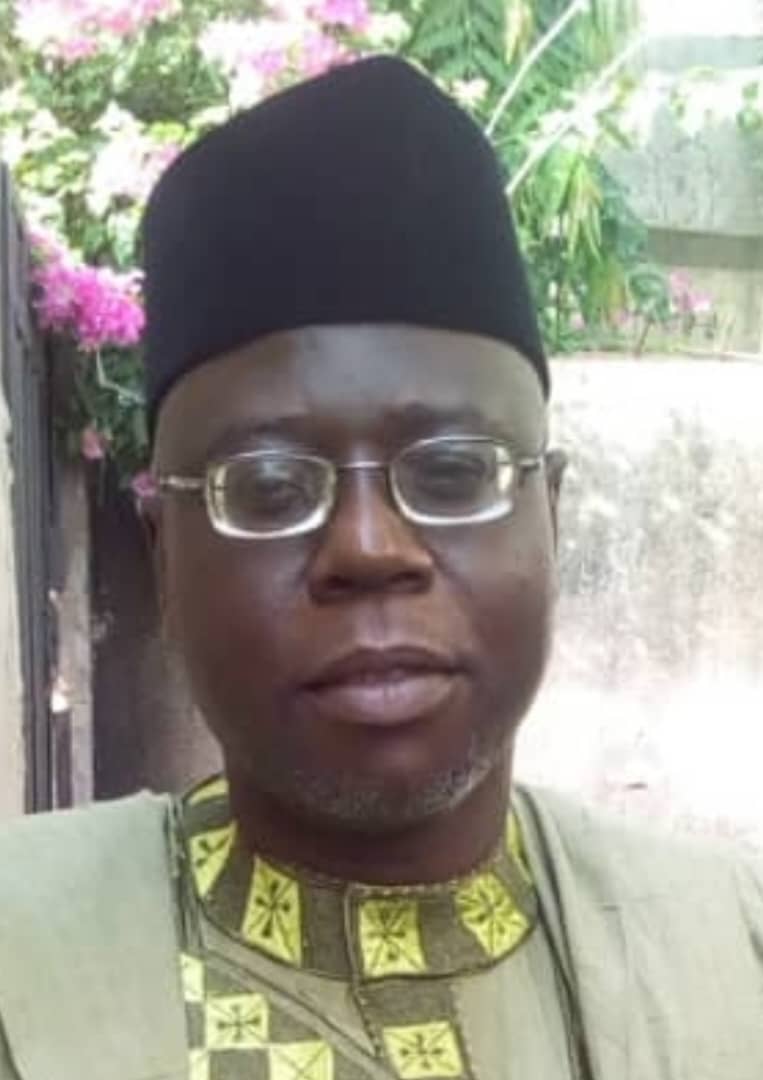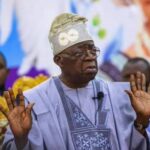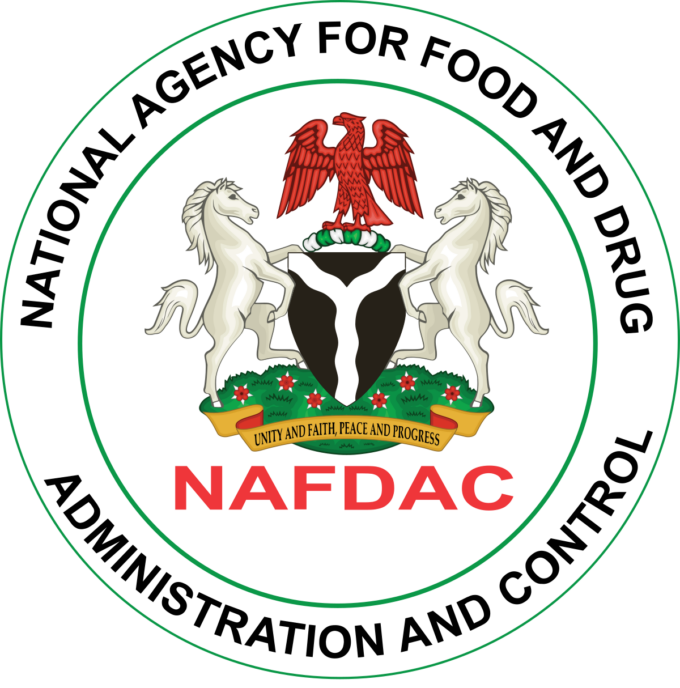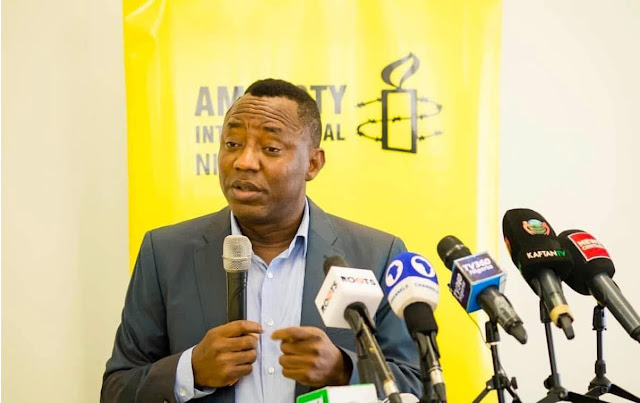INTRODUCTION
Beyond Ballots: What Democracy Should Mean
Democracy is more than ballots, campaigns, and rallies. It is a system rooted in justice, accountability, and the promise of better lives. It should guarantee civil liberties and ensure equitable economic opportunities for all.
As we mark June 12 Nigeria’s Democracy Day, we must go beyond celebrating the fall of military rule in 1999. We must ask ourselves: Has democracy delivered? Has it improved the lives of ordinary Nigerians,or merely replaced khaki with agbada?From 1999 to Now: What Have We Really Built?
When Nigeria returned to democratic rule in 1999 with the election of President Olusegun Obasanjo, the nation brimmed with hope. Obasanjo’s era focused on debt relief, privitazation and attempted reforms in telecommunications, and banking, but critics argue it also entrenched political patronage.
President Umaru Musa Yar’Adua, though his time was short-lived, initiated the hopefully 7 point Agenda,amnesty program in the Niger Delta, and signaled commitment to electoral reform. His approach showed a willingness to lay the groundwork for a more accountable democracy.
President Goodluck Jonathan’s tenure witnessed growth in mobile technology and a freer press, yet his government was plagued by corruption and insecurity, notably the Boko Haram insurgency, which he struggled to contain.
With the arrival of President Muhammadu Buhari in 2015, expectations soared. A former military head of state, he was seen as a no-nonsense reformer. But his government’s economic policies were inconsistent, inflation soared, and insecurity worsened. Under his watch, poverty deepened, and democratic freedoms waned.
TINUBU’S REGIME: Continuity or a Chance for Correction?
When President Bola Ahmed Tinubu assumed office in May 2023, expectations were guarded yet hopeful. Many Nigerians were desperate for a break from years of insecurity, economic hardship, and reform fatigue.
Today, under President Bola Ahmed Tinubu, Nigerians are grappling with a biting cost of living crisis, removal of fuel subsidies without adequate social safety nets, and a weakened naira. currency instability, and economic reforms with painful consequences. While some argue these are bold economic decisions, the social consequences for the average Nigerian have been catastrophic.
The Economic Scorecard (So Far)
i. GDP Growth (2023): 2.86%, still below the level needed to improve lives in real terms.
ii. Subsidy Removal: Necessary but poorly timed. Inflation surged above 30%, crushing real wages.
iii. Currency Reform: The naira was floated, but the aftermath has been chaotic, fueling volatility and investor uncertainty.
Intentions are clear, but execution has lacked empathy, sequencing, and coordination.
The Democracy Deficit: When Politics Undermines the People
Despite over two decades of civilian rule, Nigerian democracy remains largely elite-driven. Elections are often marred by vote buying, ethnic and religious manipulation, and voter suppression. Institutions meant to check executive excesses are weak, often complicit or intimidated. The legislature and judiciary, vital arms of democracy, have at times failed to assert their independence.
The Middle Class Meltdown: From Hope to Hardship
A democracy without a thriving middle class is a democracy under siege. Between 1999 and 2025, the Nigerian middle class once seen as a buffer between poverty and opulence has been effectively hollowed out.
Today, most Nigerians live on less than $1 a day. Inflation, job losses, and currency devaluation have eroded the purchasing power of households. Meanwhile, the super-rich often politically connected have amassed more wealth, further widening inequality. Small businesses are collapsing under the weight of taxation and politics of unstable dollar exchange rate poor infrastructure, and limited access to credit.
A democratic system that only enriches a few and impoverishes the majority is nothing more than a plutocracy in disguise. But beneath this symbolic endurance lies a more sobering question: Has democracy truly delivered for the Nigerian people?
By the Numbers: A Democracy That Isn’t Delivering
i. GDP Growth (2023): 2.86% – Growth too weak to make a real difference in people’s lives.
ii. GDP per Capita (2025): $835.49 – The economy grows, but Nigerians are getting poorer.
iii. 30.9% of Nigerians live below the international extreme poverty line of $2.15 per day.
iv. staggering 75.5% of rural dwellers are considered poor, compared to 41.3% in urban areas.
v. Human Development Index: 0.548Two decades later, basic development is still out of reach.
vi. Multidimensional Poverty: 63% of 200 million Nigerians lack access to essential services.
vii. 45.1% lack adequate sanitation, 39.4% lack electricity, and 32.6% lack access to clean drinking watery.
viii. Nigerians without formal education, it rises to 79.5%.
iix. Happiness Index Rank: 105 out of 147 – Most Nigerians feel left behind.
ix. Environmental Performance Index: 133 out of 180 – The future is being mortgaged for short-term politics.
GENERAL ASSESSMENT: Progress Without Prosperity
After more than two decades of democracy, Nigeria’s performance across critical development indicators tells a sobering story,a nation where growth doesn’t trickle down, policies don’t touch lives, and promises remain paper-deep.
While the country has avoided military rule and held regular elections, this surface-level democratic continuity hasn’t translated into human security, social equity, or economic empowerment. Nigeria, by contrast, is stuck in a loop of elite politics, weak institutions, and missed opportunities.
In short: our democracy has survived, but it has not succeeded.It’s no longer enough to simply count the years of civilian rule. We must now ask: Where are the results? And more urgently, when will the people begin to feel them? Democracy Is a Covenant Not a ChequeA democratic mandate isn’t a blank cheque. It’s a social contract. Nigerians expect more than elections, they expect dignity, development, and safety.
The Consequences: A Fractured Nation
A generation has grown up under democracy. Yet for many, poverty is deeper, hope is thinner, and inequality is sharper. If democracy is to mean anything, it must deliver. Not just on paper. But in people’s lives.This economic disenfranchisement fuels insecurity, crime, and migration. Youths, robbed of hope, fall prey to extremism, scams, cybercrime, or perilous journeys abroad. Trust in democratic institutions is at an all-time low, and apathy is rising. The dream of democracy as a tool for social transformation is becoming a distant memory for many.
The dream that democracy would bring dignity and progress feels increasingly hollow.
CHARTING A NEW COURSE: 6 Urgent Reforms
1.Strengthen Democratic Institutions and Governance:
i. Guarantee the independence of courts, anti-corruption agencies, and the electoral body to shield them from political interference.
ii. Reform the electoral system through full electronic voting to ensure credible, transparent, and inclusive elections.
iii. Enforce political accountability through transparent audits, civic engagement, and active oversight of public officials.
2. Prioritize Human Capital Developmenti.
i. Declare an education and healthcare emergency: upgrade infrastructure, retain skilled professionals, and expand access to quality services.
ii. Promote civic education to empower citizens with knowledge of their rights and responsibilities in a democracy.
3. Drive Inclusive and Resilient Economic Growth:
i. Shift focus from abstract economic indicators to real social investment targeting poverty reduction, inflation control, and decent job creation.
ii. Diversify the economy beyond oil: strengthen agriculture, technology, manufacturing, and support SMEs with access to credit, energy, and fair policies,enforcing environmental regulations, and preparing for climate change impacts.
4. Enhance Security and Social Trust
i. Reform policing and security institutions to ensure accountability, professionalism, and public trust.
ii. Address root causes of insecurity through inclusive development, equitable governance, and responsive leadership.
5. Promote Transparency and Fight Corruption:
i.Cut wasteful public spending and enforce anti-corruption laws with real consequences.
ii.Govern openly by showing citizens how public funds are used and ensuring government actions reflect public needs.
6. Protect Rights and Freedomsi.
i.Defend freedom of the press, support civil society, and uphold the right to protest and participate in governance.
ii.Create an enabling environment for citizen-led accountability and democratic expression.
FINAL WORD: Democracy Must Work For Everyone
Twenty-five years ago, Nigerians believed democracy would unlock prosperity. But today, for many, those gates are shut or never built at all.Cool democracy isn’t enough. We need a just, inclusive, and effective democracy. One that builds lives, not just ballots.
“Democracy is not a destination. It’s a daily duty to the people, for the people.”
Happy Democracy Day, Nigeria. Now let’s get to work.
Tijjani Sarki, Good Governance Advocate & Public Policy Analyst writes from Zawaciki, Kano
+23490 4041 9051
June 12, 2025















Leave a comment